Thurs, Feb 12, 7:00pm at Barlow Community Center. Co-authors to discuss history of Native Americans in Cuyahoga Valley .
Case-Barlow Farm
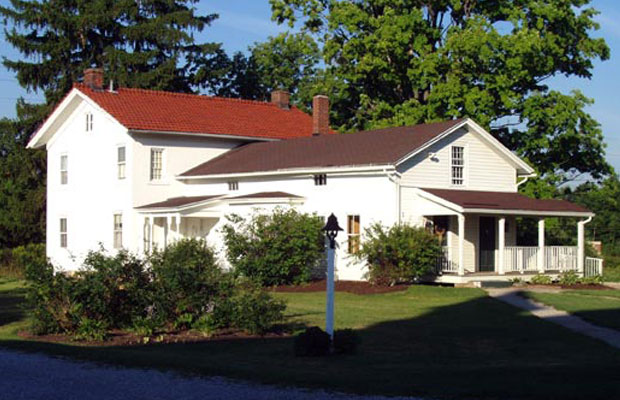
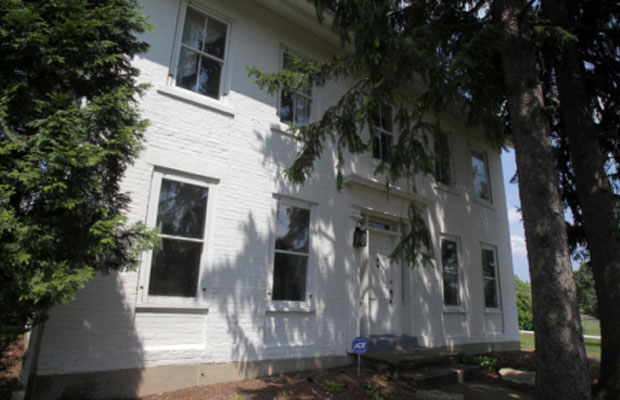
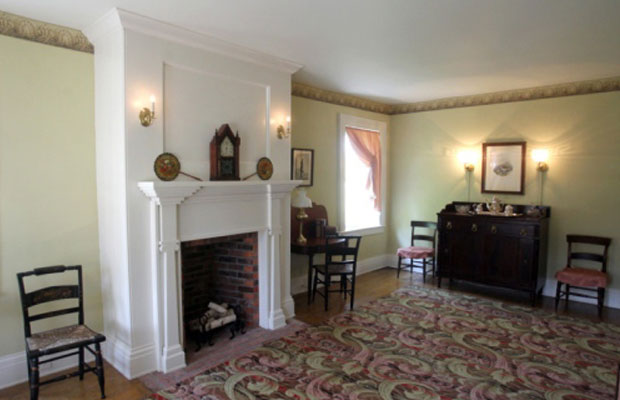
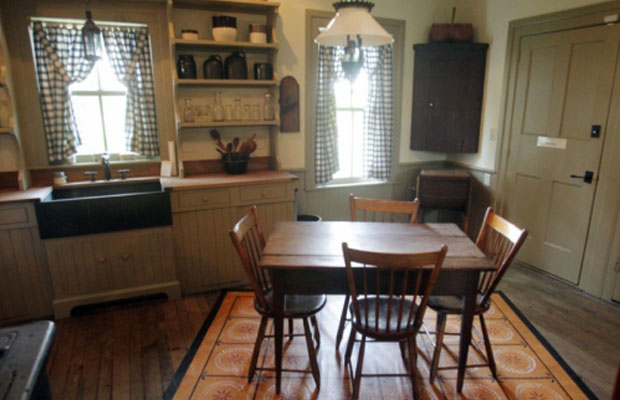
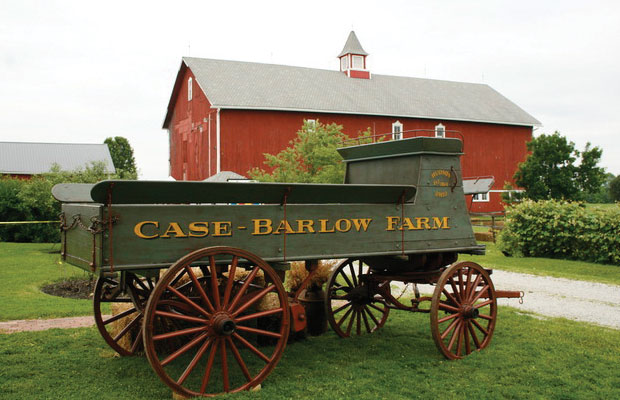
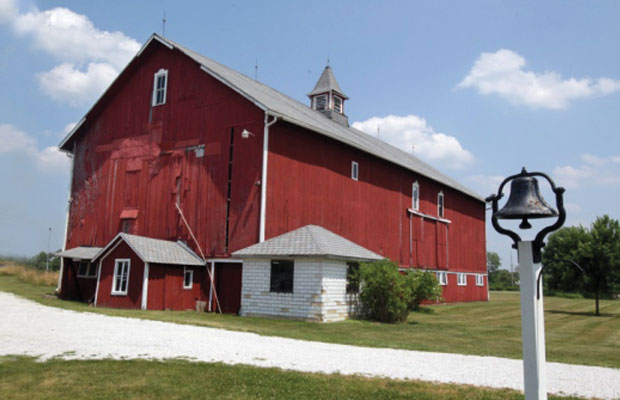
Case-Barlow Farm is a gem. Descendants of pioneers Chauncey and Cleopatra Case continuously owned and operated the farm until its recent donation to the nonprofit organization, Case-Barlow Farm Inc. This site is open to the public.
This is one of the first brick houses west of Pittsburgh with bricks made on site (across from the house, at the location of the Case family’s original cabin).
While the brick portion dates to 1831, the rear frame addition dates to 1846. The house features a recessed Greek Revival door, entablature, pilasters, rectangular transom, and sidelights. Two of the windows are original 9/6 style. It also features a Tablet of Moses attic window.
Most of the doors and trim date from the Civil War era, but some interior upstairs doors (1820, 1830) and windows are Federal. Hardware is Norfolk, from the 1820s.
The original barn, on the south side, was probably built in the1840s. The 1890 bank barn, 108’ x 50’, with a cupola, is one of the few large barns left in this area.
The brick house was erected on land bought from Birdsey Norton in 1818, with the family’s first dwelling being a simple cabin on the south side of the road. The farm boasted 418 acres in 1833; most of the farm on the south side of Barlow road was sold to General Motors for the Terex plant in 1957, now headquarters of Jo-Ann Fabric and Craft Stores.
Chauncey passed the house to Henry Case (Mary), who in turn passed it to their daughter, Hattie. Hattie was the wife of Franklin Barlow, and their son Henry Barlow (Isabel), took control of the farm when the parents moved into a house in town. Next, ownership passed to Donald Barlow (Emily), one of three sons, and the one who seemed most interested in farming. The original Kent Road was renamed Barlow Road in 1947 to reflect the family’s status in the community.
According to Case Barlow Farm Inc., the land was donated to the First Congregational Church in 1996 before being purchased by the newly formed 501 c 3 non-profit group. The farm, house, buildings, and almost five acres were purchased to preserve the legacy of the Case and Barlow families and Hudson’s agrarian past. Since then, the house and property surrounding it have been renovated. Case-Barlow Farm credits the success of the initiative to the cooperative partnership and dedication of many groups and individuals. Hudson Heritage Association was a founding contributor to this effort.
The site is surrounded by a city park with recreational offerings, also open to the public.